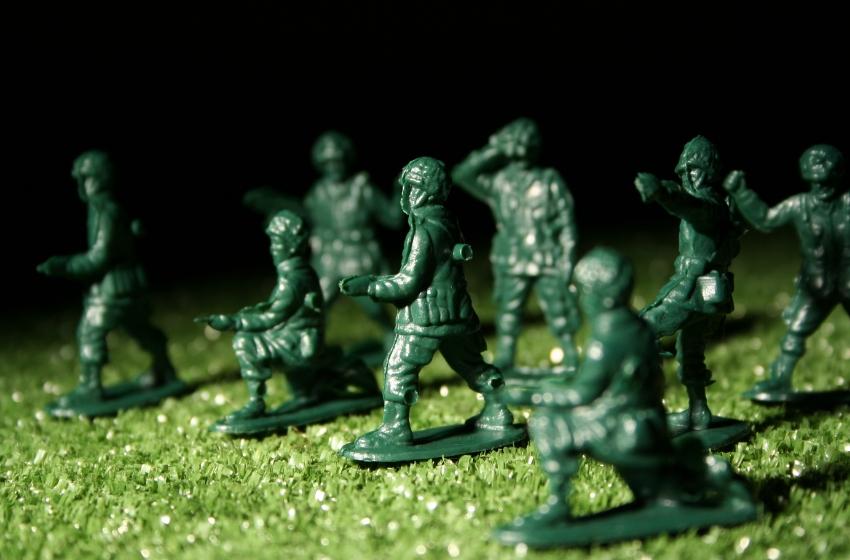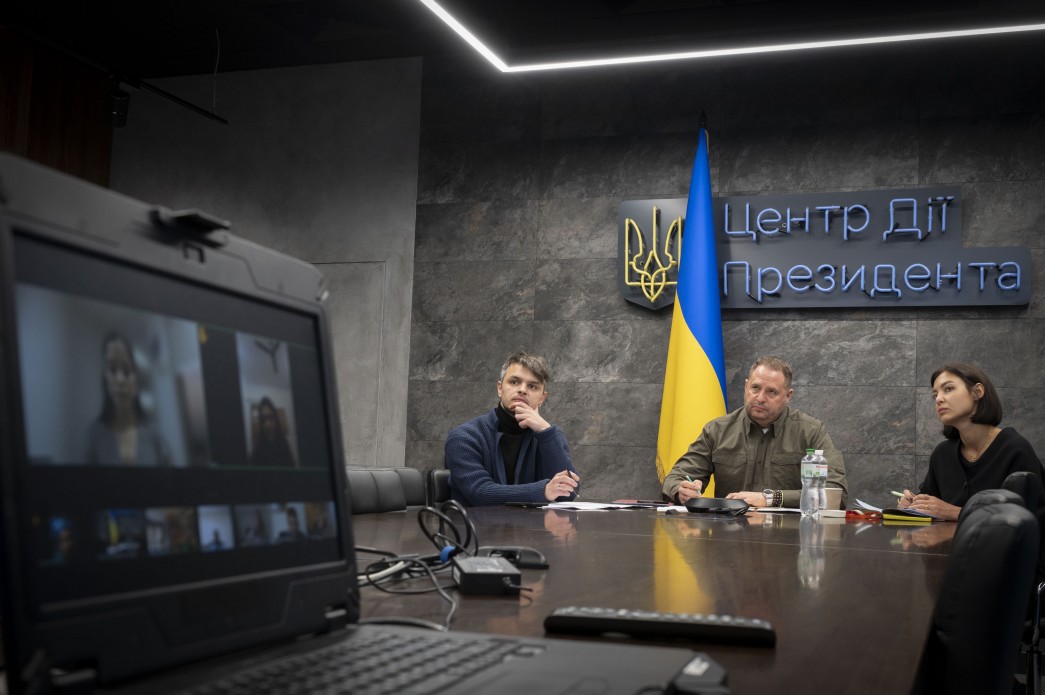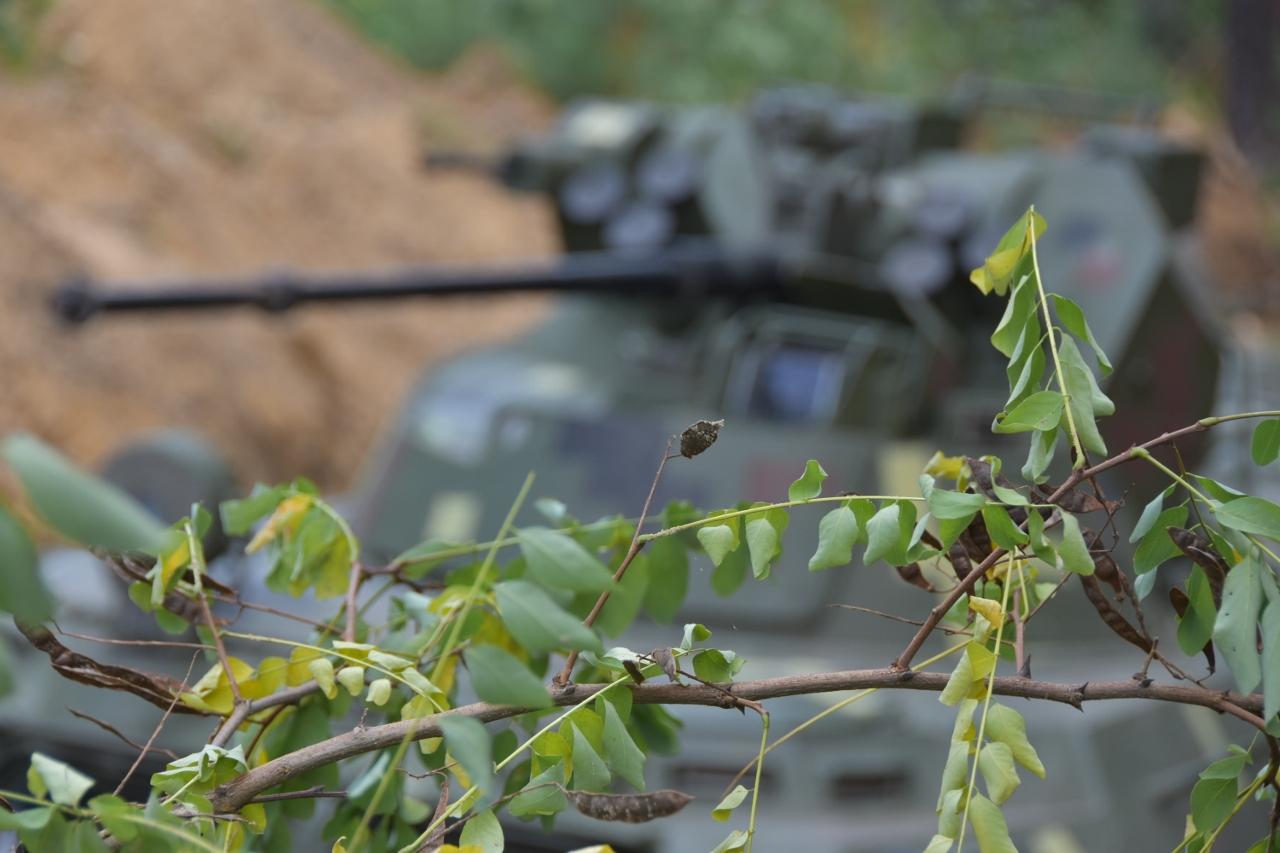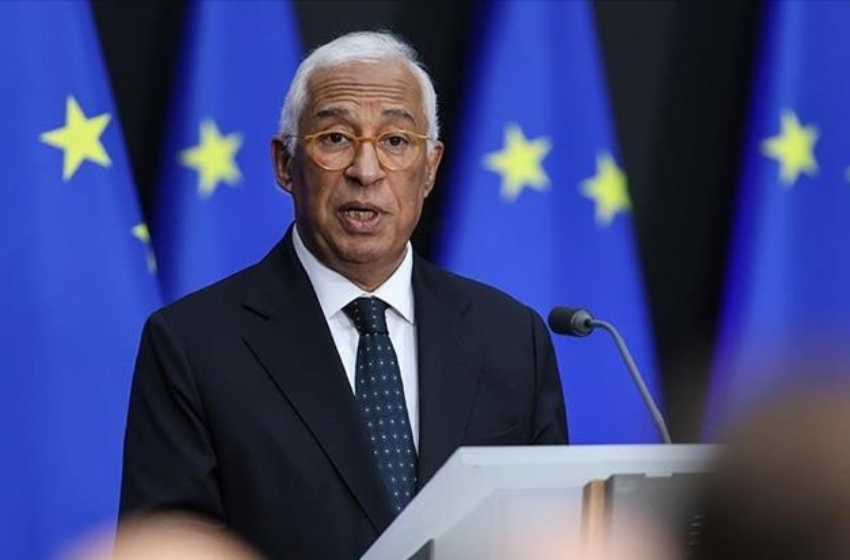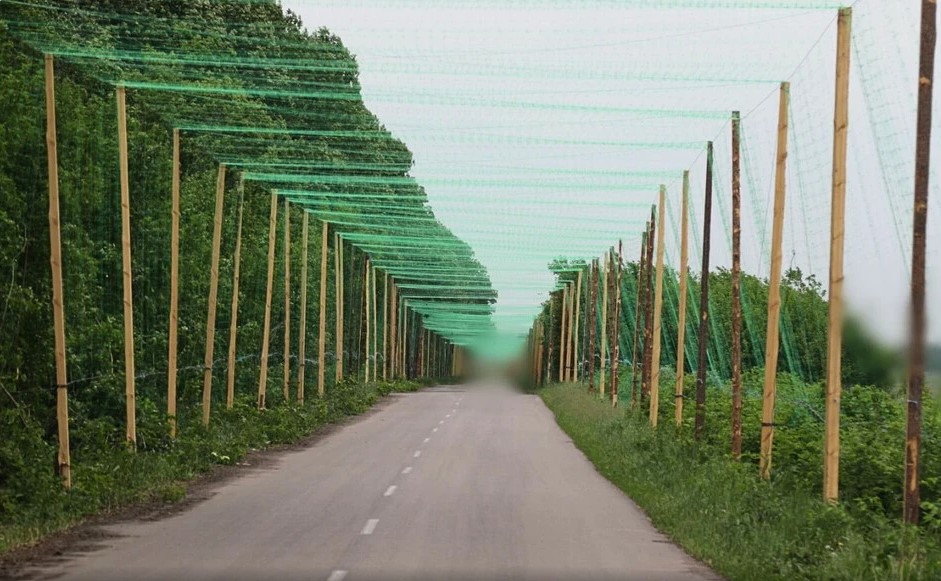The Kremlin is returning to its previously unsuccessful volunteer recruitment and crypto-mobilization campaigns to avoid ordering another major involuntary reserve call-up.Â
Russian Telegram channels began advertising for recruitment into existing volunteer battalions after ceasing such recruitment calls in September 2022 at the start of involuntary reserve mobilization.
Some local Russian officials are also setting up mobile recruitment centers to advertise voluntary military contract service — a phenomenon that ISW observed during the previous volunteer recruitment campaign between late May 2022 and September 2022.
Russian officials are even advertising contract service in unusual places: A Moscow-based psychiatrist is reportedly calling on suicidal men to enlist.
Russian ultranationalist social media networks are also increasingly advertising recruitment for Wagner Group units across almost 30 Russian cities.
Ukrainian officials observed instances of Russian occupation officials registering male teenagers born in 2006 from occupied Luhansk region for military service.
The Ukrainian General Staff also reported that military recruitment centers in occupied Donetsk region received instructions to clarify personal credentials of reserve officers under 65 years of age, and soldiers, sergeants, and warrant offices under the age of 50.
Russian officials had extensively conducted similar crypto-mobilization in occupied Ukrainian territories throughout the war, especially over the summer.
Such voluntary recruitment drives may also indicate that the Kremlin is running out of combat-ready reserves to continue its offensive operations past the Battle of Bakhmut and its failed offensives around Vuhledar and in Luhansk region.
ISW assessed on February 26 that Russian President Vladimir Putin had turned to voluntary recruitment campaigns in late May 2022, when the Russian military began to run out of reserves as it was conducting a costly offensive on the Severodonetsk-Lysychansk line — over a month before the Russian attack culminated in Luhansk region.
Putin later abandoned his country-wide and summer-long volunteer recruitment campaign and ordered an involuntary reservist call-up in response to the sweeping Ukrainian counteroffensive in Kharkiv region in September 2022.
The Kremlin may be repeating similar efforts in hopes that such irregular forces will be sufficient to retain Russian initiative on the frontline. Russian veterans and milbloggers, however, observed that Russia will not be able to achieve its objectives of reaching the administrative borders of Donetsk region without the large-scale mobilization of personnel, economy, and industry.









